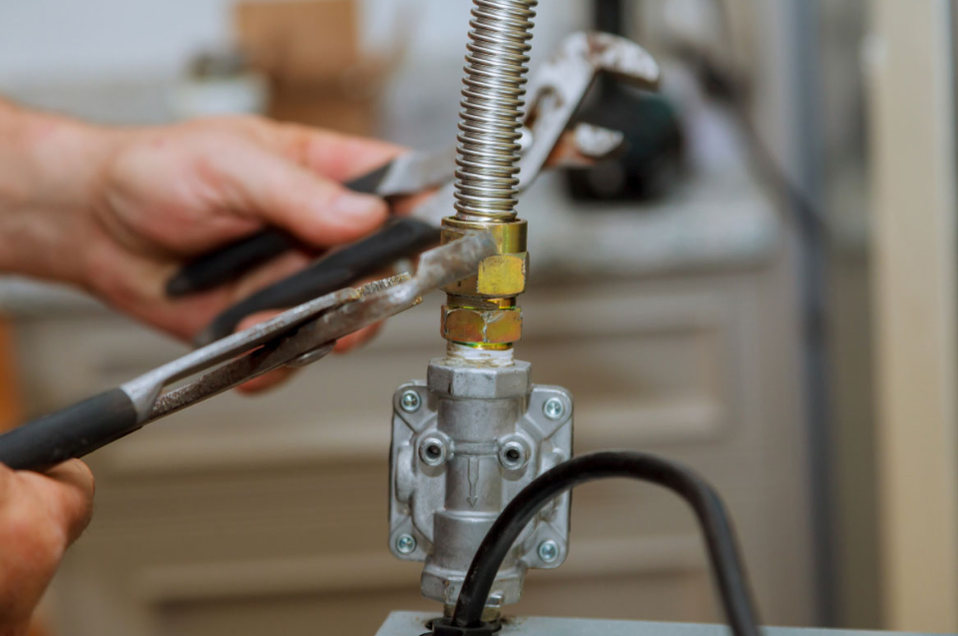A gas fitter is a person who installs and maintains the equipment that supplies natural gas to buildings. As natural gas is one of the most common fuels used in buildings today, there are many different types of jobs related to this industry. Some examples include:
– Installer:
Installs new residential or commercial buildings, gas heating installation
systems and appliances;
– Service Technician:
Repairs and replaces defective components in the system;
– Field engineer:
Works on-site to provide maintenance services;
– System operator:
Monitors the operation of a building’s central heating system for safety purposes.
Gas Fitter Career Path & Salary
Gas fitters use a wide range of skills to complete their tasks. From installing new lines to repairing existing ones, they have plenty of tasks to do. Gas fitters also need to be able to identify problems with the piping systems and make repairs as needed.
Gas fitter jobs can be found in both residential and commercial settings. They are typically employed by large businesses or building owners who need help maintaining their gas lines or want to ensure that they are safe for their customers.
How to Become an Engineer or Gas Fitting Technician?
There are many ways to become an engineer or gas fitter. You can get started by taking a course in engineering and then moving on to jobs as a gas fitter.
You can also become an engineer by getting involved in the industry through internships, apprenticeships, or college courses. Once you have completed your education, you can apply for jobs as a gas fitter.
If you have experience in the field and want to work from home, then you may consider becoming an engineering job from home.
What Are the Top Skills that Gas Fitters Must Have?
Gas fitters are the people who work on gas lines and pipelines, which is a highly specialized job. They must have specific skills in order to do their job effectively.
The top four skills that gas fitters must have include:
- Mechanical skills –
This includes the ability to use tools and equipment, including drills, wrenches, saws, and measuring devices.
- Safety skills –
These include knowledge of how to operate a variety of different types of equipment safely.
- Chemical knowledge –
Gas fitters need to know how to handle chemicals in order to work with them safely, as well as be knowledgeable about the chemicals they use on a day-to-day basis like propane or natural gas.
- Technical skills –
Gas fitters need very good technical skills because they need to be able to read blueprints and understand what the plans are telling them as well as know-how equipment
For more information visit this website!

